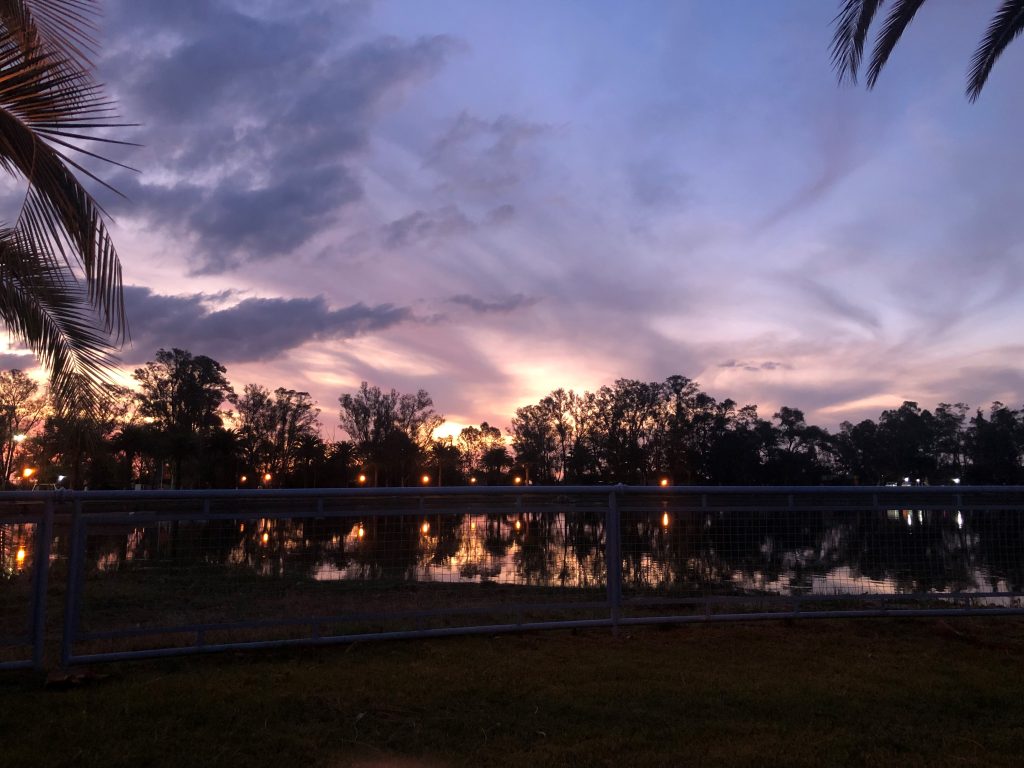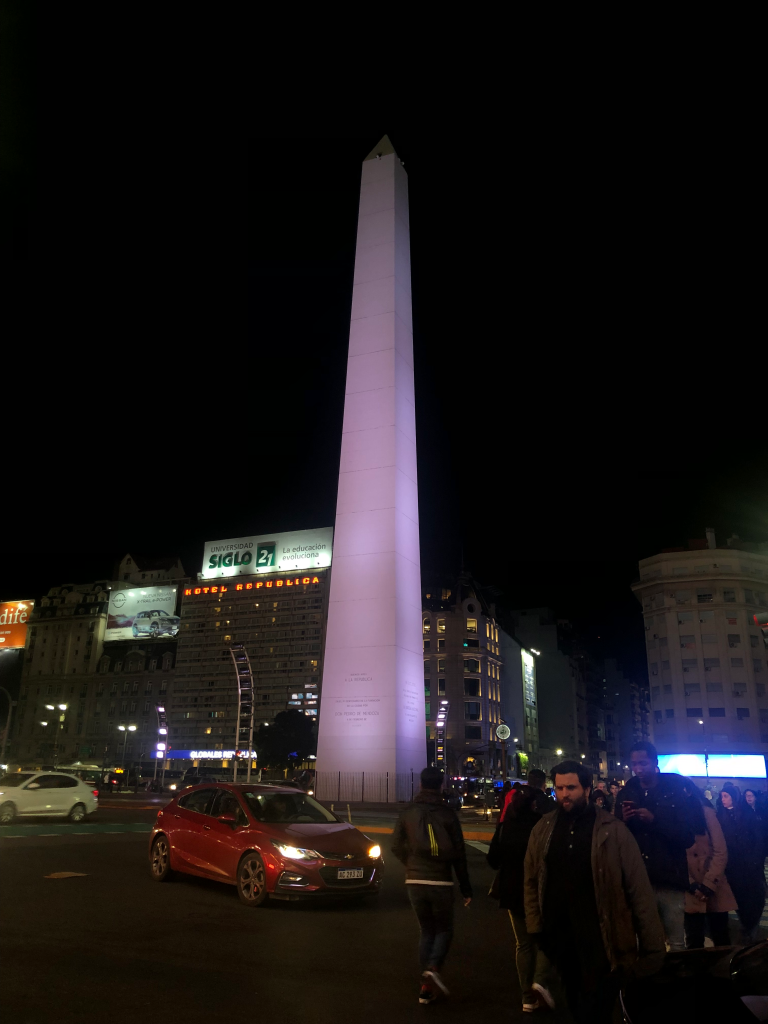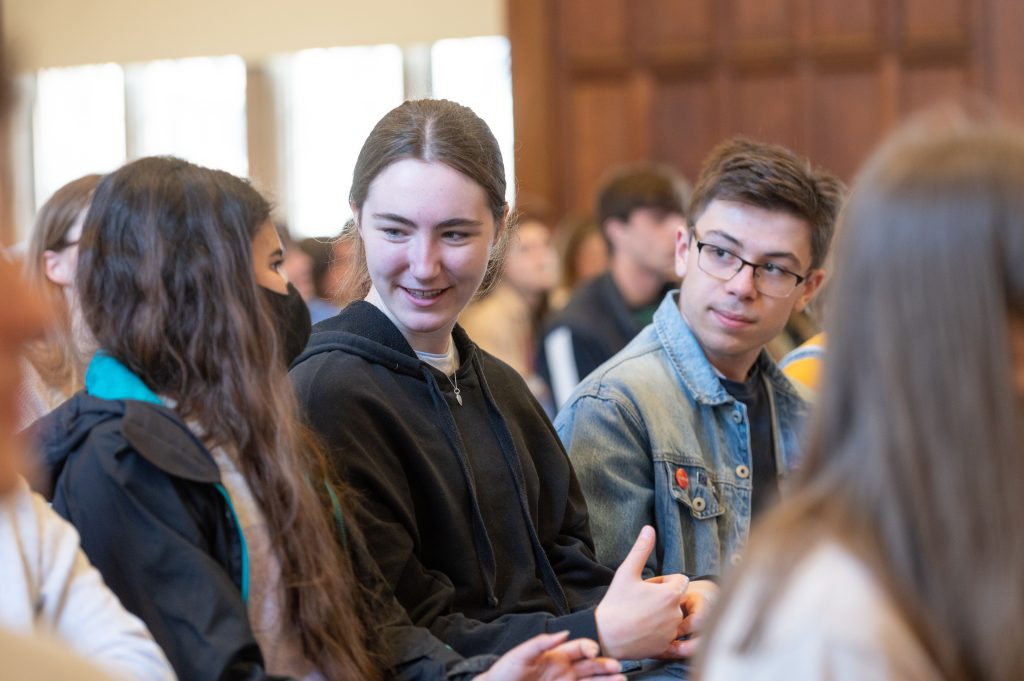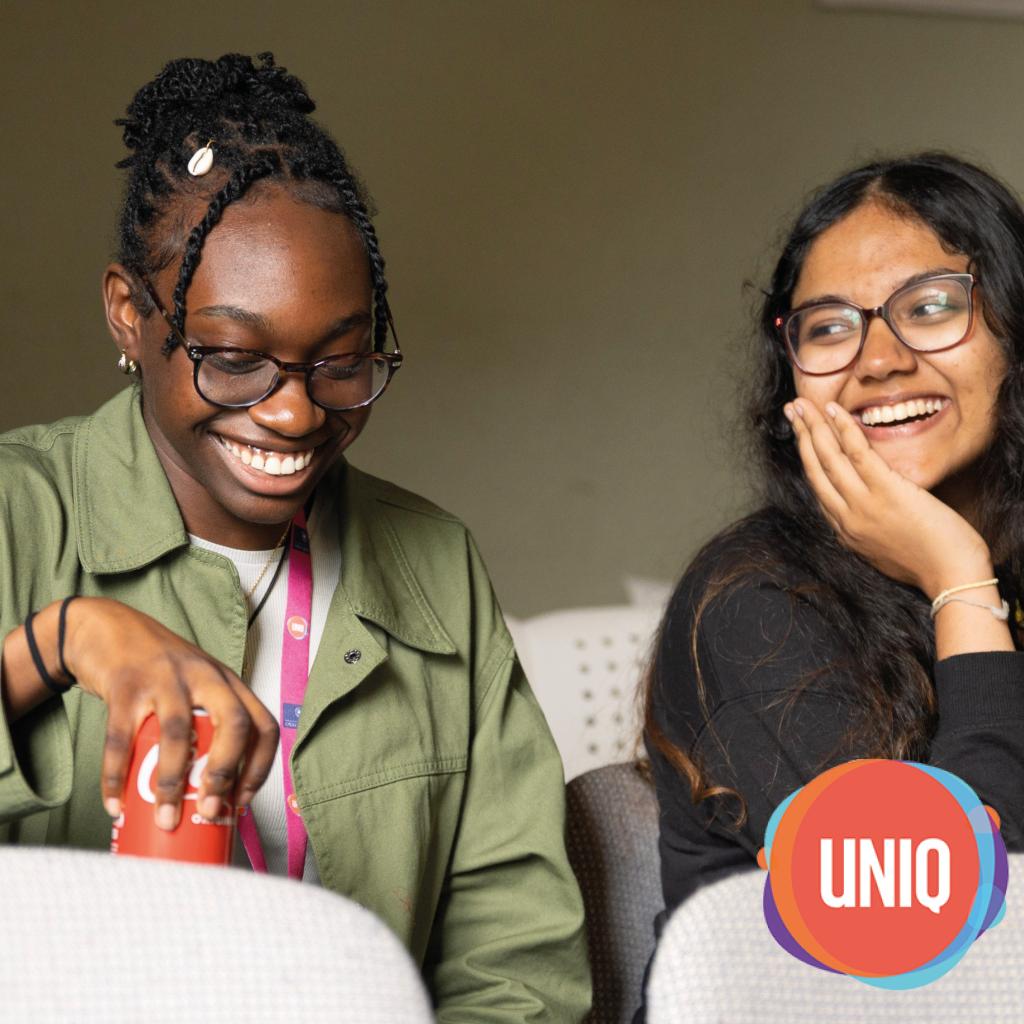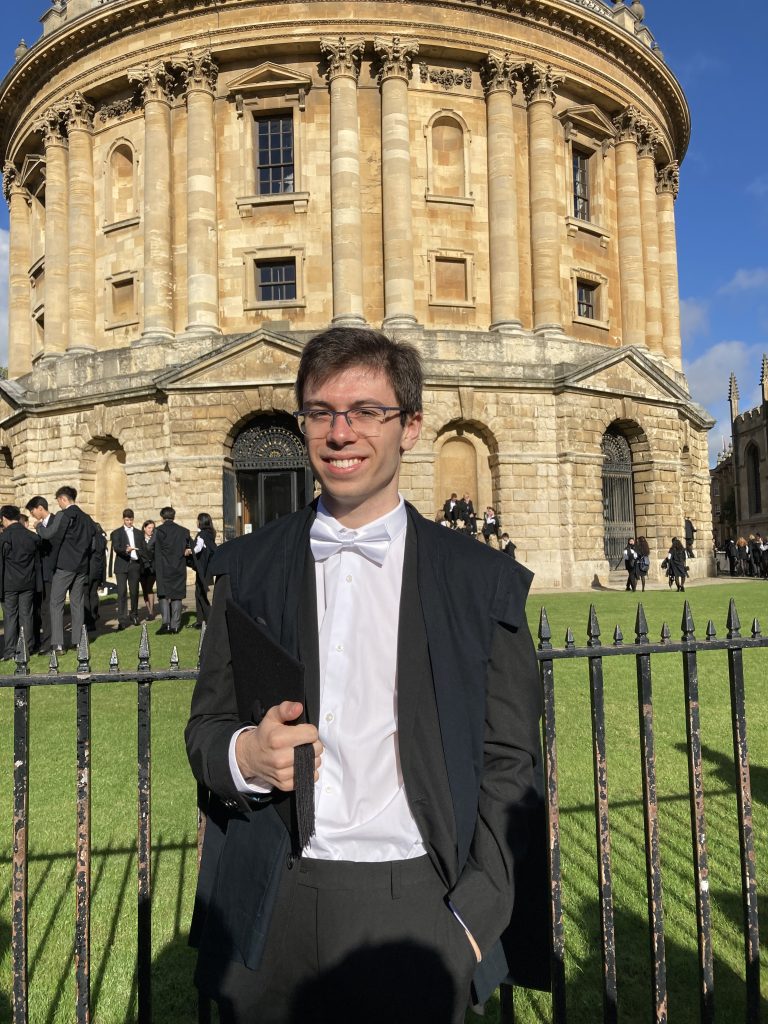We’re delighted to publish the runner up entries for this year’s French Flash Fiction competition. We’ll be publishing the runner up entries for Spanish, as well as the highly commended entries for both languages in each age category over the coming weeks.
YEARS 7-9 RUNNERS UP
UN ESPOIR À QALQILYA
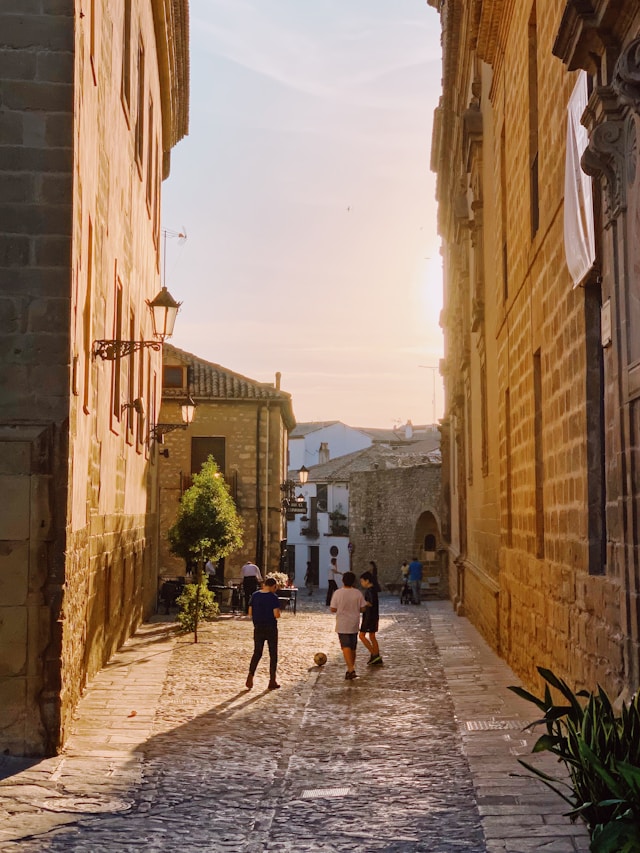
À Qalqilya, une ville divisée par une barrière frontalière, deux garçons, Avi l’Israélien et Ali le Palestinien, se lient d’amitié à travers le jeu du football. Leurs rires et passes franchissent les clôtures, symbolisant l’innocence et l’espoir. Devenus adultes dans un monde éclaté, leur amitié survit jusqu’à ce que le conflit les rejette sur des chemins divergents. Dans l’ardeur du combat, face à face, Ali sauve Avi, blessé, réanimant leur connexion passée. Cet acte défiant la guerre rappelle leur passé commun, prouvant que même sous le feu croisé, l’humanité et l’amitié peuvent triompher des divisions les plus profondes.
– Zaynab Chaudhry, Year 7
Une Perte de Mots
Vous êtes-vous déjà senti sous pression ? Comment puis-je écrire une oeuvre de pur génie en 100 mots ? Maintenant 82 !
On dit « petit à petit, l’oiseau construit son nid », mais et si vous ne lui donniez que 100 brindilles ? Comment ce petit oiseau peut-il faire ça ?
Oh non! Déjà à 50 mots. J’ai déjà utilisé la moitié de mes mots et je n’ai toujours rien dit d’intéressant. Comment puis-je dire quoi que ce soit avec 25 mots restants ?
Cela ne fonctionnera jamais. C’est sans espoir! Je ne veux pas regarder.
Zut!
Non!
Je n’ai que 6 mots, seulement 6 mots pour…
– Simeon Malloy, Year 7

YEARS 10-11 RUNNER UP
Les coquelicots fleurissent à bout de souffle, du pays qui saigne, gâté par la marche d’hommes sans âme. La voie de la guerre est dystopique; les morts deviennent les chanceux et les vivants reviennent comme les morts. Échapper d’un tel enfer semble impossible, mais peut-être que la
fin est proche, où peut-être que c’est la fin de la peur qui sauvera la vie de personnes. Il reste à voir si leurs esprits cesseront de se défaire après avoir vu des choses que nous n’étions jamais censés voir. C’est dans la guerre que les innocents sont consumés par l’avidité des coupables.
– Vaishni Jeyananthan, Year 10
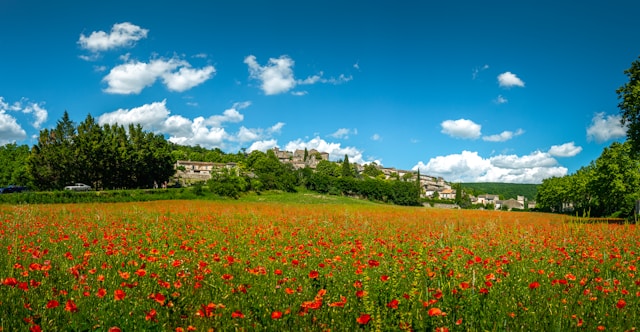
YEARS 12-13 RUNNERS UP

J’attends sur le mur, en regardant les gens arrivent. Ils tiennent leurs coffrets qui m’éclairent; je grimace.
“Sourit-elle ou pas?” demandent-ils, l’un après l’autre.
Subitement, l’obscurité descend. Trop tôt pour la nuit. Désorientée, j’attends nerveuse. Rouge. Des traînées mouillées de rouge. Est-ce que je saigne? La panique s’installe.
Ensuite, j’entends les cris: “Qu’est qu’il y a de plus important? L’art, ou le droit à une alimentation saine et durable?”
Clignement par clignement, ma vision est restaurée. L’espoir s’envole. Je reste sur le mur encore, humiliée.
Qu’ai-je fait pour mériter cela?
Ne m’appelez plus “La Joconde” – je ne souris pas.
– Zac Henderson-Lea, Year 12
L’esprit Olympique

‘Maman, regarde! Ce chapeau de Napoléon est si mignon!’, Louis crie, pointant vers les mascottes.
‘C’est un bonnet phrygien. Ton arrière-arrière-arrière-grands-pères en portait un. La cérémonie d’ouverture sur la Seine va bientôt commencer. Marchons!’
‘Marchons! Marchons!’ Il fredonne alors qu’il est entraîné, glissant dans la rue Colbert et se faufilant parmi les manifestants autour de la colonne Vendôme.
Les derniers mots de La Marseillaise sonnent dans les haut-parleurs à leur arrivée.
‘Qu’un sang impur
Abreuve nos sillons!’
En regardant les drapeaux affichés sur les bateaux, Louis demande, ‘Maman, sont tous les pays construits avec le sang des autres?’
– Ashley Woo, Year 12
Félicitations à tout le monde!






